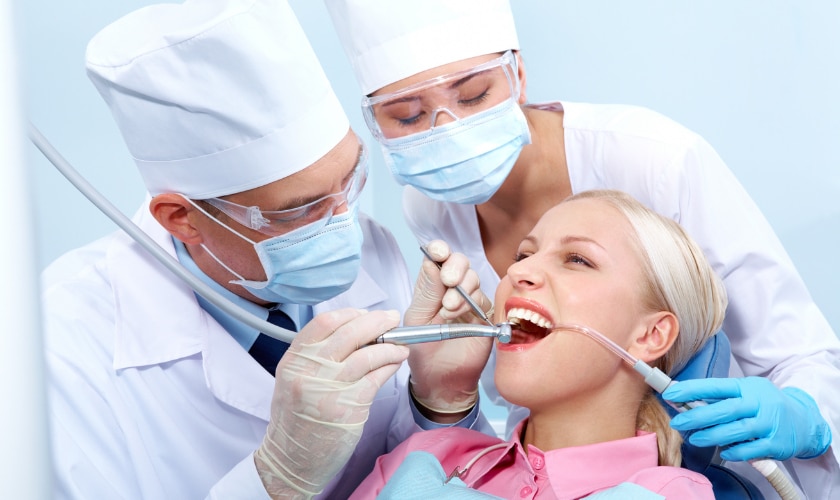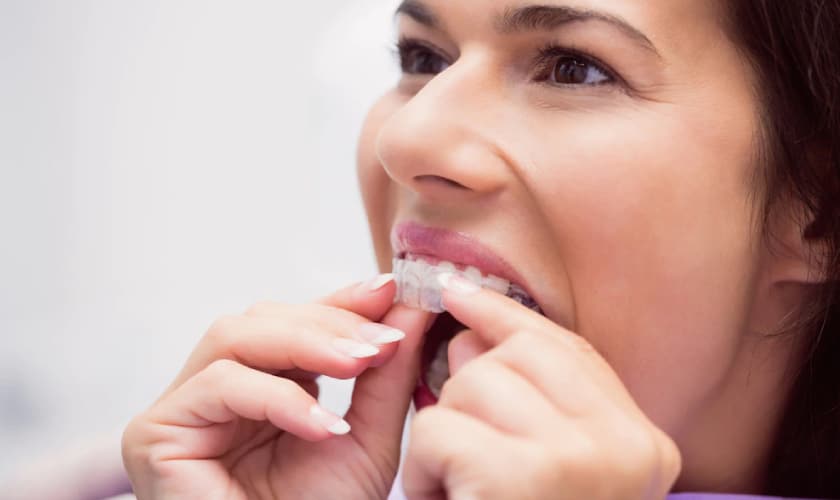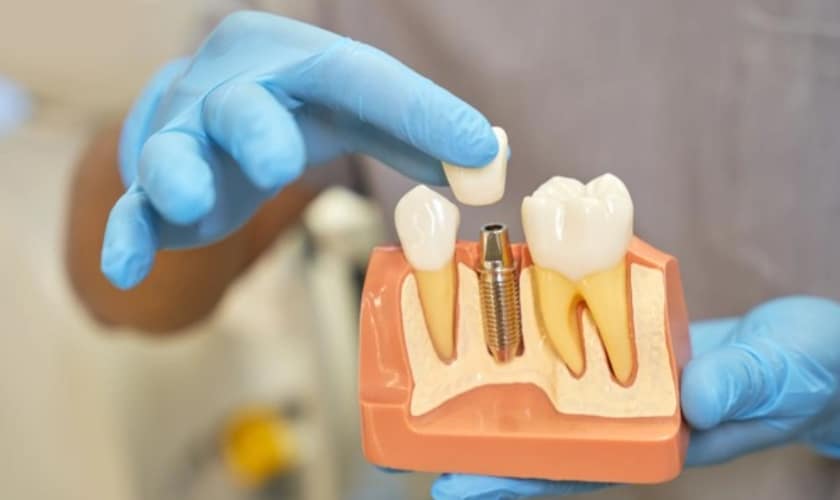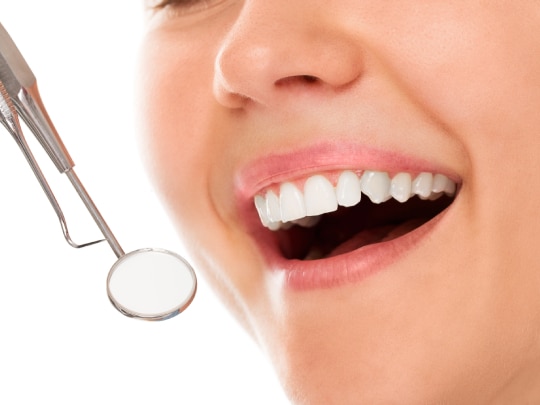Dental care is an essential part of maintaining overall health and well-being. General dentistry focuses on preventive procedures and treatments that address the needs of your teeth, gums, and other oral structures. This blog post will discuss general dentistry, how it can benefit you, and what services it offers.
General Dentistry
General dentistry is the branch of medicine that deals with diagnosing and treating problems affecting the teeth and gums. It is a branch of medicine concerned with the care of the oral cavity and its associated structures. General dentistry can be divided into four main areas: preventive dentistry, restorative dentistry, surgical dentistry, and cosmetic dentistry.
Preventive Dentistry: This involves providing dental services to prevent tooth decay and gum disease. It includes fluoride treatments, sealants, and education on proper oral hygiene practices.
Restorative Dentistry: This involves repairing damaged teeth using fillings, crowns, bridges, and implants. It also includes the management of tooth pain and sensitivity.
Surgical Dentistry: This involves the removal of diseased or damaged tissue, as well as the placement of dental implants. It also includes the treatment of oral cancers.
Cosmetic Dentistry: This involves procedures to improve the appearance of teeth, including teeth whitening, veneers, bonding, and orthodontics (braces).
What services are provided by a general dentist?
A general dentist is a professional who provides a wide range of dental services. These services include but are not limited to:
-Cleaning and polishing of the teeth
-Filling cavities
-Extracting teeth
-Repairing cracked or chipped teeth
-Replacing missing teeth
A general dentist can also provide more specialized services such as:
-Root canals
-Crowns and bridges
-Invisalign (clear braces)
-Dentures and implants
No matter your dental needs, a general dentist can provide you with the necessary care and treatment.
How Can General Dentistry Help You?
Your teeth are essential. They help you eat, speak, and smile. They also play a role in your overall health. That’s why it’s essential to take care of them.
General dentistry is the branch of medicine that deals with diagnosing, treating, and preventing dental problems. It includes everything from routine checkups to more complex procedures.
Here are some ways general dentistry can help you:
- Keep your teeth and gums healthy
- Prevent tooth decay and gum disease
- Treat dental problems early, before they become more serious
- Give yourself a beautiful smile that you can be proud of!
The importance of preventative care
Preventative care is essential for maintaining good oral health. You can avoid problems like cavities, gum disease, and bad breath by visiting the dentist regularly and taking care of your teeth. General dentistry can also help identify other health problems for which you may be at risk.
Other Benefits of Seeing a General Dentist
A general dentist can provide some other benefits beyond just cleaning your teeth. They can also help identify potential oral health problems and provide treatments to prevent these issues from becoming more serious. General dentists can also offer guidance on the best care for your teeth at home and recommend products that help keep your smile healthy and looking its best.
Conclusion
General Dentistry is an essential field of dental care that focuses on preventative and restorative treatments to keep your teeth and mouth healthy. From regular checkups, cleanings, x-rays, fillings, and more, general dentistry can help you maintain optimal oral health with minimal effort. Whether you are looking for a routine cleaning or need a more advanced procedure such as cosmetic dentistry or root canal therapy, general dentists can provide the care you need to maintain the best possible smile. Investing in general dentistry could save you from costly problems, so visit your local dentist today!
FAQ
- What is General Dentistry?
General dentistry treats diseases, injuries, and other conditions that affect your oral cavity and associated structures. The main focus of general dentistry is to restore the health, function, and appearance of the teeth, gums, and supporting systems.
- How do I find a dentist?
You can use our directory to search for dentists close to you or find a dentist by location, specialty, or insurance type.









